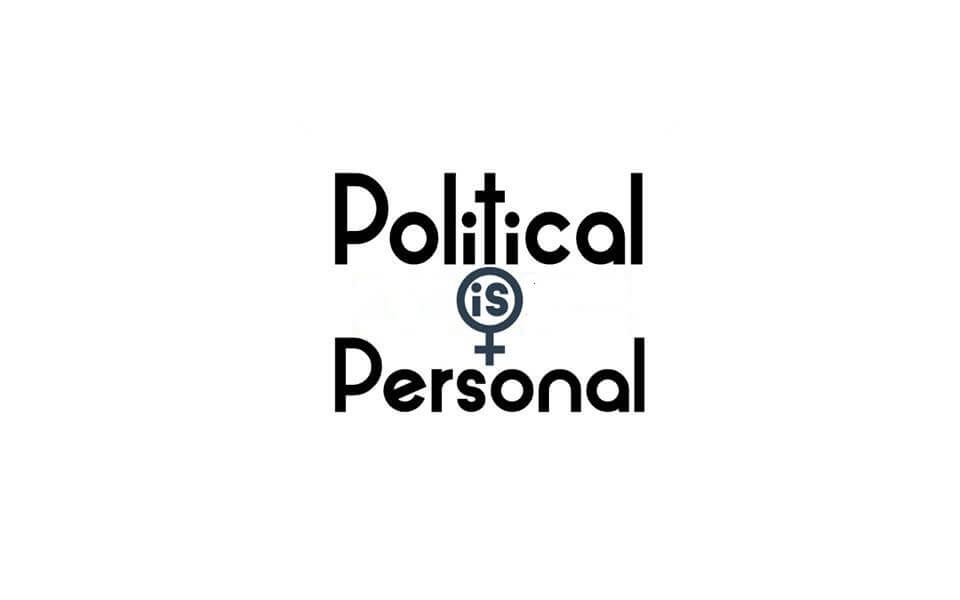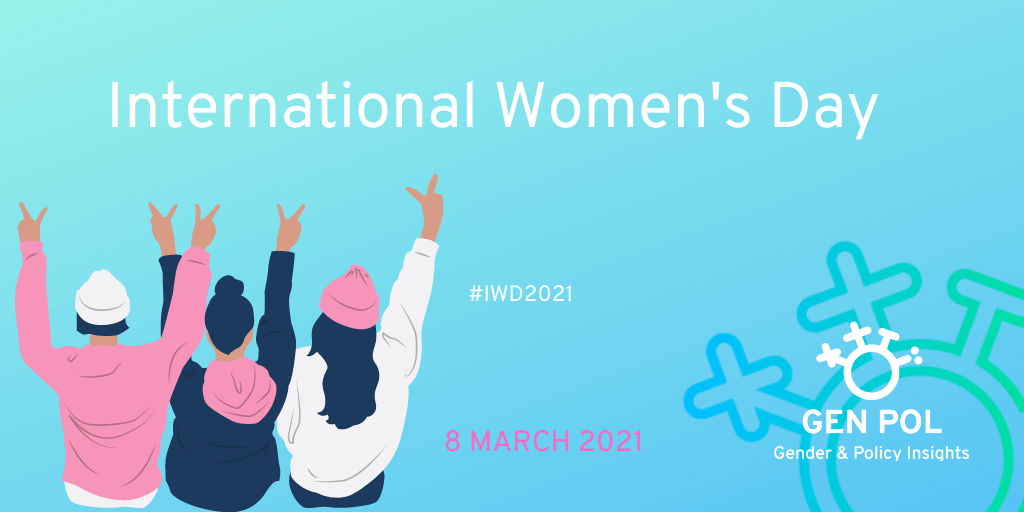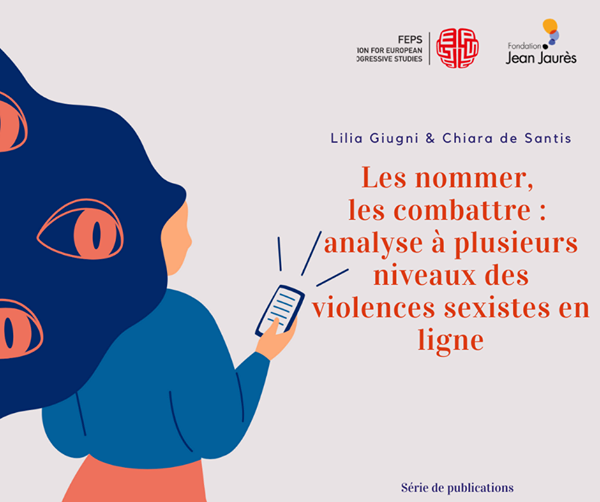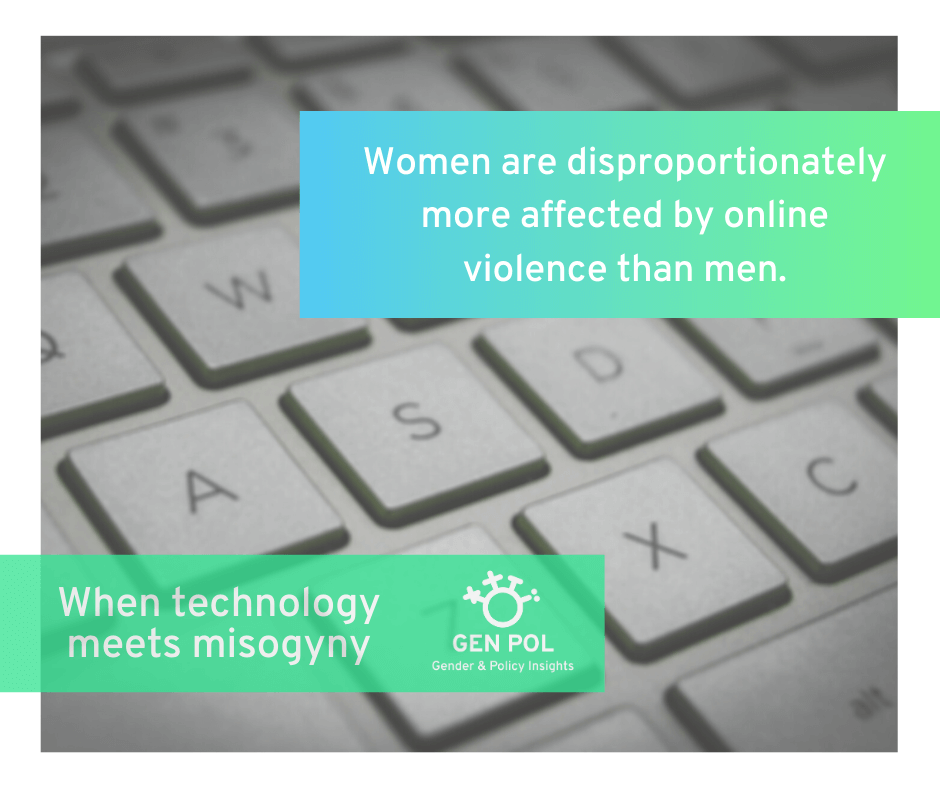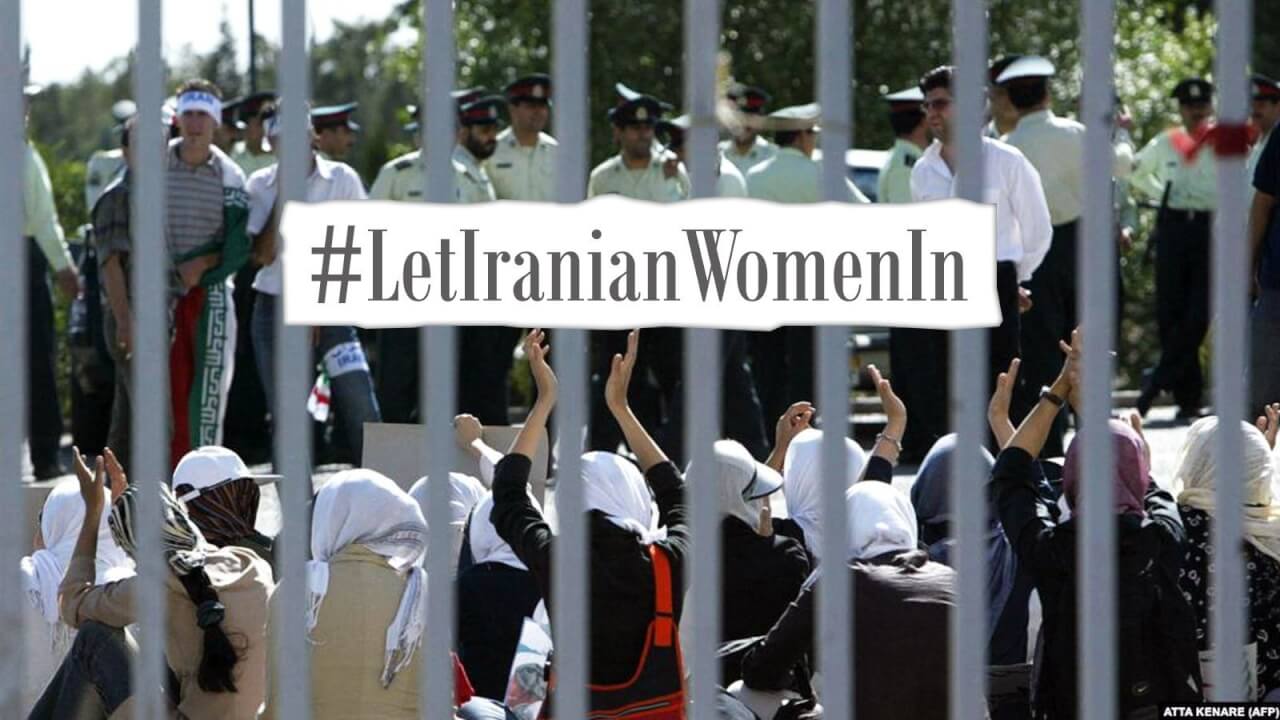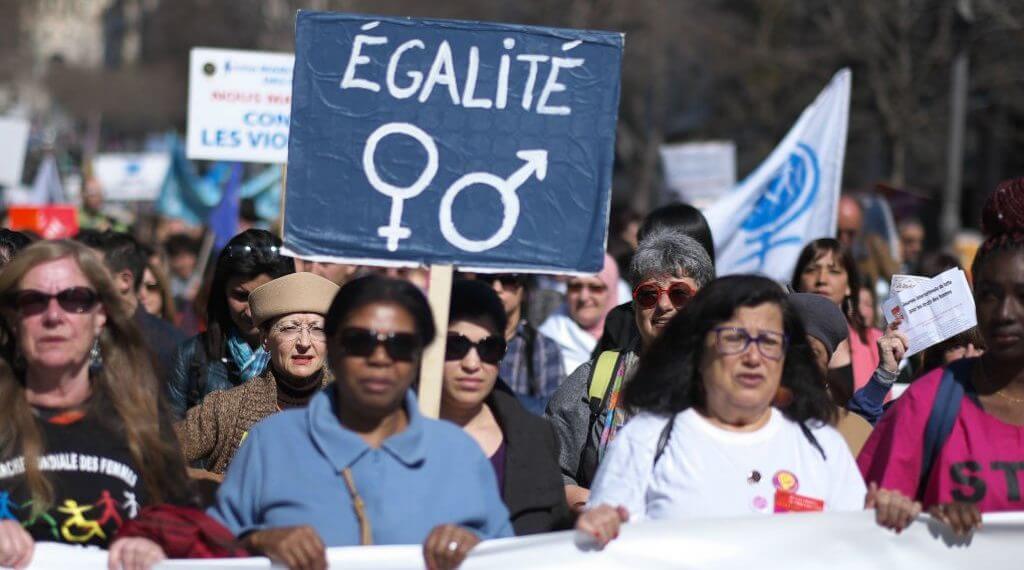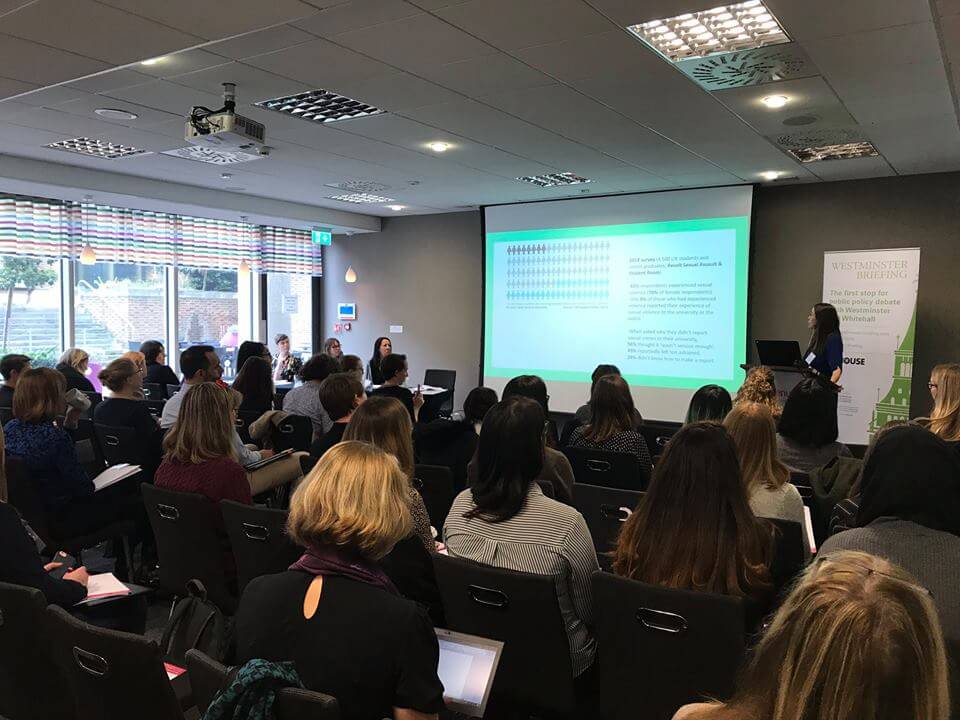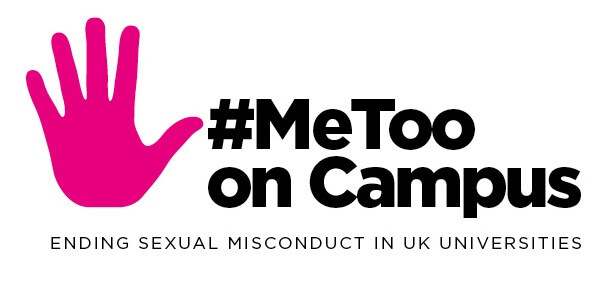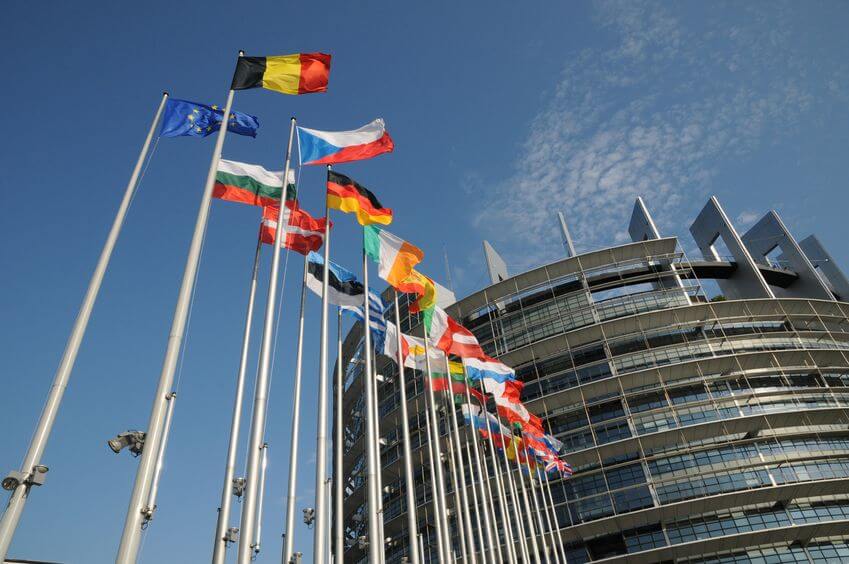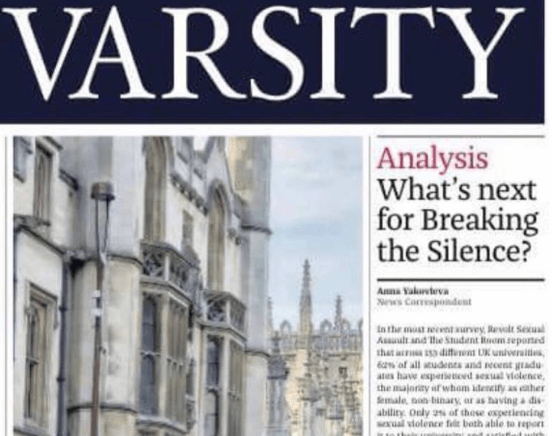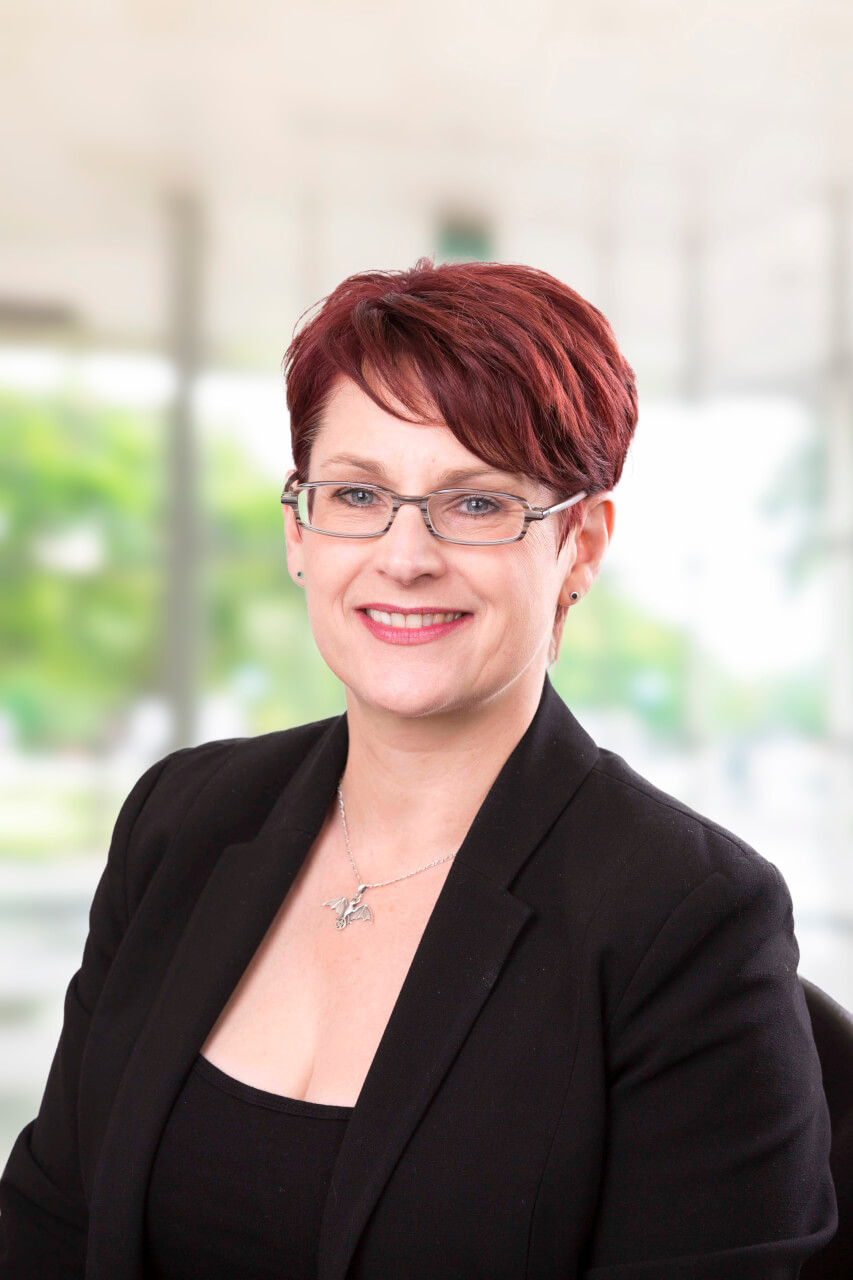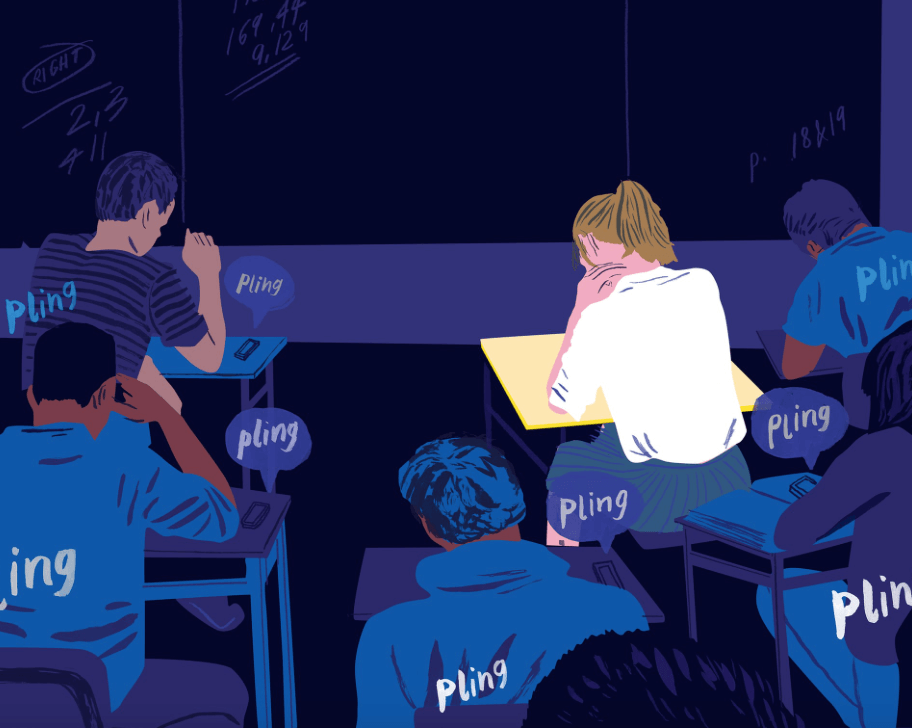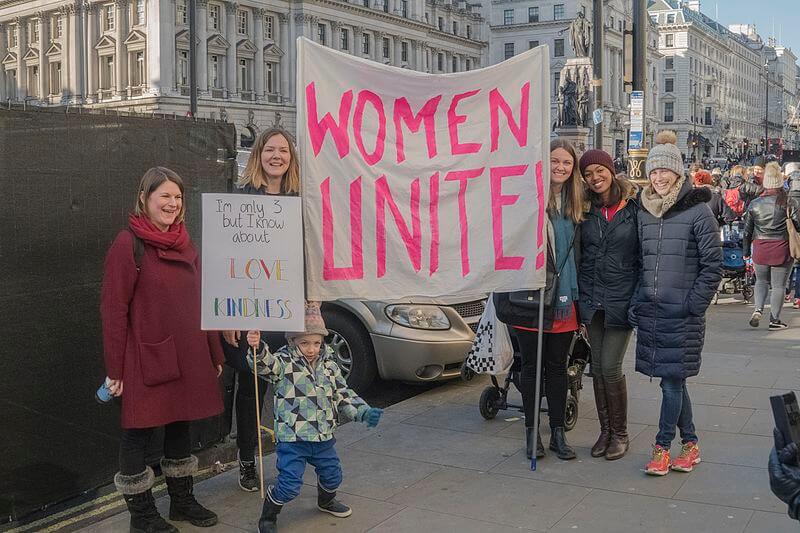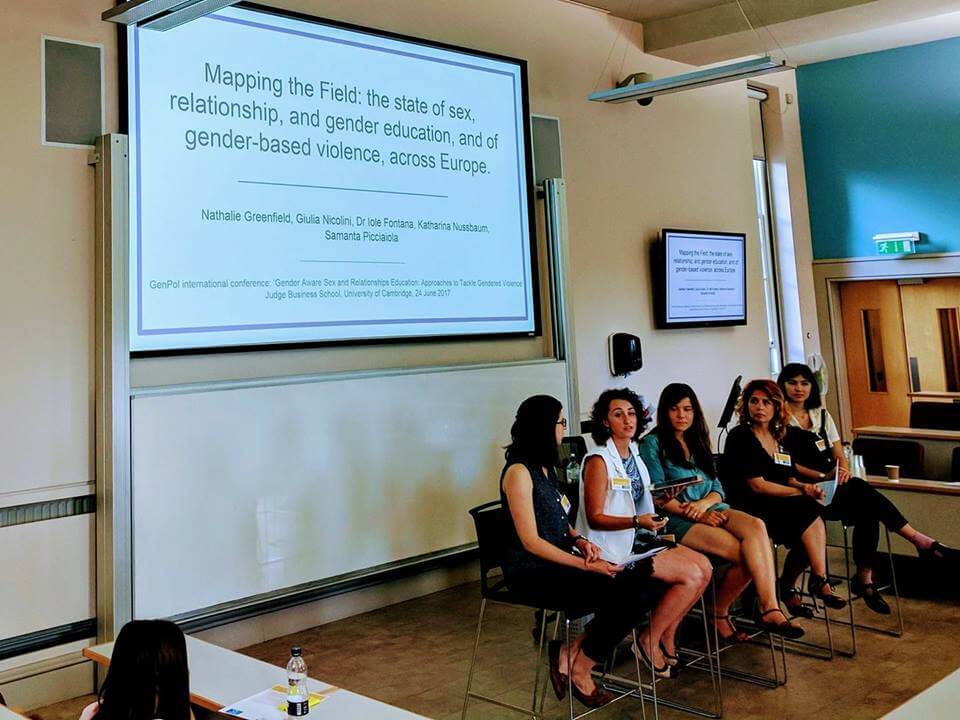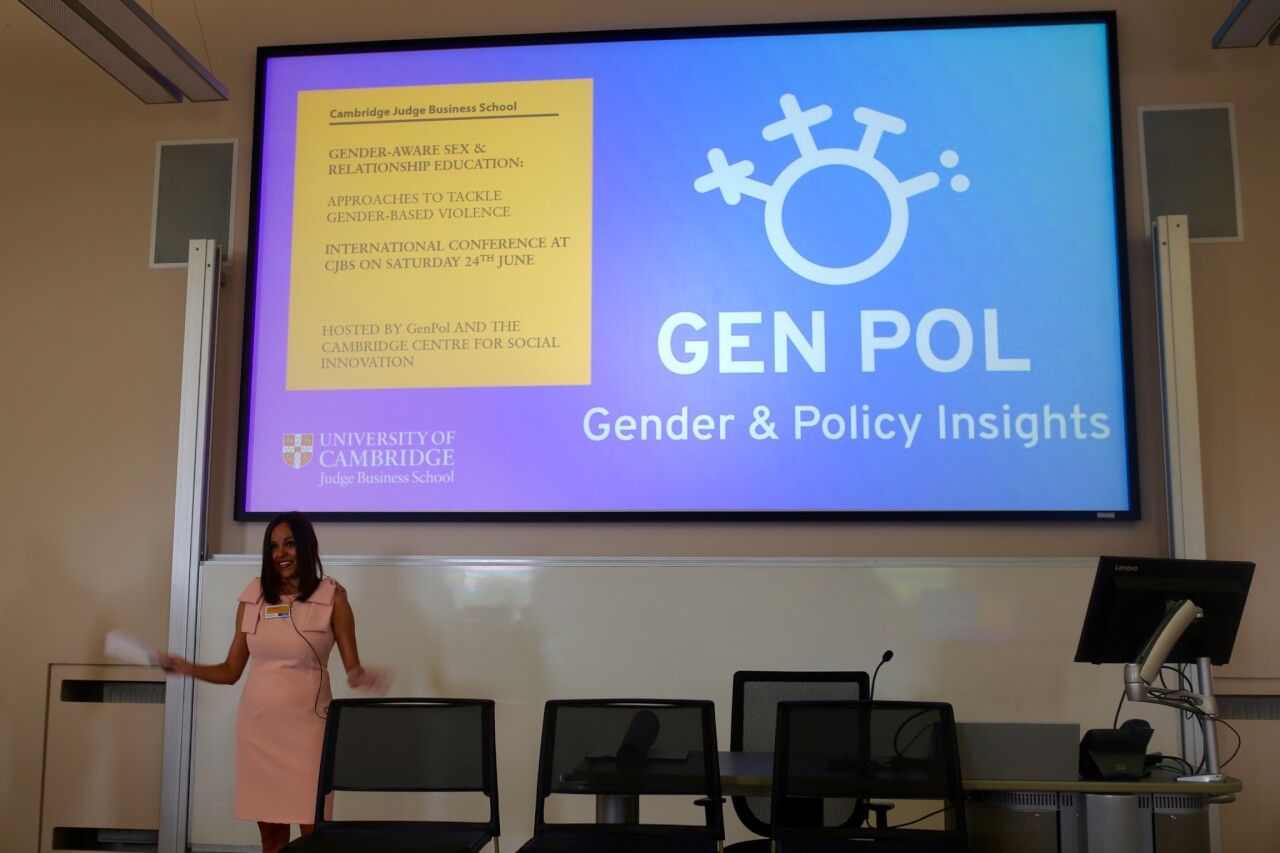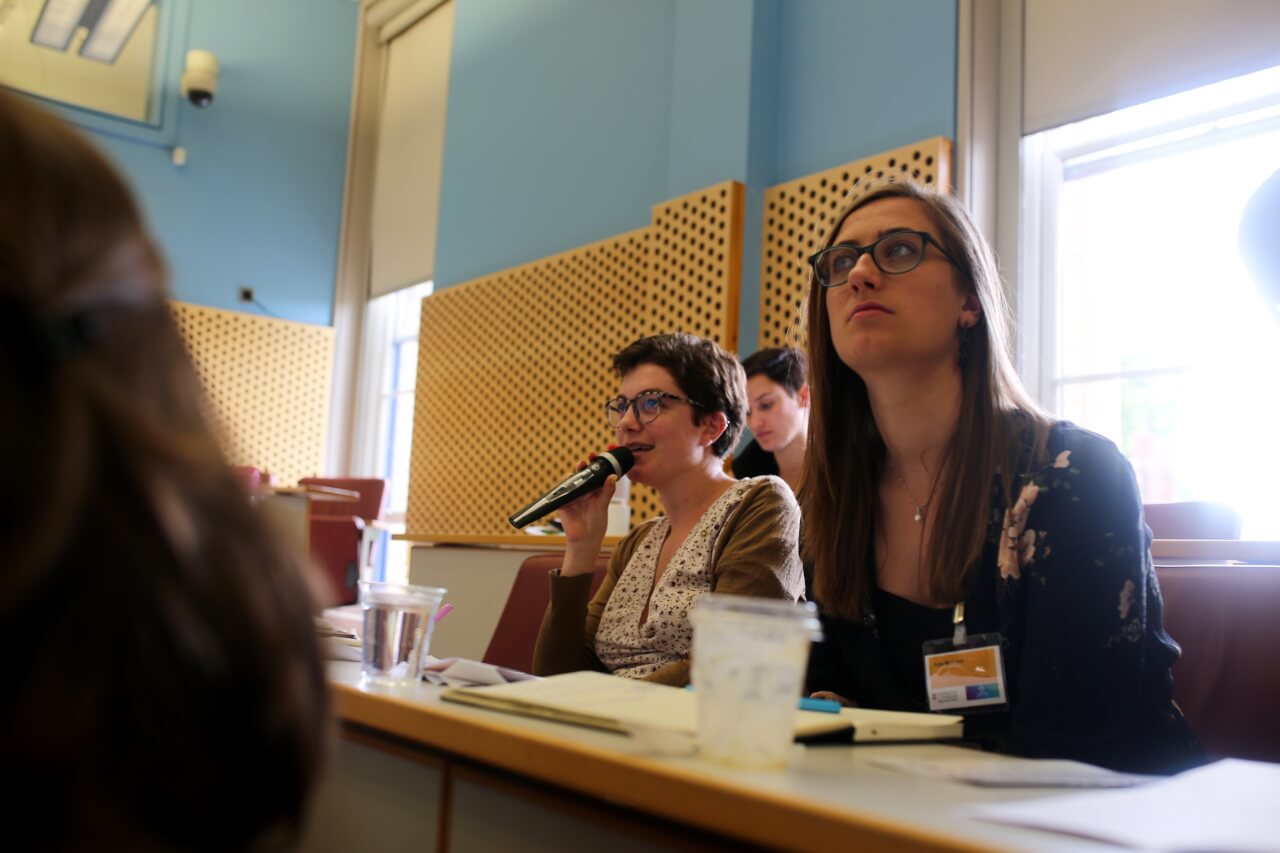
For many of us, memories of SRE (Sex and Relationship Education) are fleeting at best, and painfully awkward at worst. When I was in Year 8 (12/13) my school decided to solicit the help of a local sexual health charity to supplement their curriculum. Volunteers would dutifully reverse a large lilac bus (which, if my memory serves correctly, was filled almost entirely with cotton wool and prosthetic genitals) in to our school playground once a term. We would be ushered into a darkened classroom and sit through a PowerPoint presentation on STI symptoms which always made a nice change from double maths, before being loaded on to the bus and offered a free pregnancy test. We would troop off when the bell rang, bolstered by the perennial fear of Chlamydia and the knowledge that we could access emergency contraception in the car park of the local shopping centre every Wednesday (at a ‘discreet’ pop up clinic next to some bins, just in case you were wondering).
Whilst my school’s stance now makes excellent food for amusing party anecdotes and nostalgic reminiscing, I am all too painfully aware of how privileged we were to have access to any form of structured education at all. Prior to the passing of a government bill in 2017, teaching of SRE was not compulsory in the UK, and provision for its implementation remained at the discretion of individual schools. As the government has set a deadline of September 2019 for the national implementation of a full SRE curriculum, discussions surrounding the direction it will take, and the content it will promote, are naturally rife. The Department for Education’s recent call for evidence on the necessity of teaching SRE at both primary and secondary level, felt symptomatic of a shift in education culture, and of wider dialogues surrounding questions of consent and survivor empowerment in the wake of #MeToo and #TimesUp.
At GenPol we care very deeply about sexuality education. We are only too aware that the issue of SRE teaching demands a considered and holistic approach because of its inherently personal nature. The government’s new proposed curriculum will need to address some fairly gigantic gaps that, sadly, no number of lilac buses can fill. We see consent-focused, intersectional sex and relationship education as a vital tool in the combat to end violence against women and girls and towards the LGBTQ+ community. It is for that reason that we have consecrated so much of our working time (including a separate research program and a very successful conference last summer) to researching the sort of forms a new SRE curriculum could take. Thursday the 1st of March will also mark the launch of GenPol’s first policy paper on the topic of sex and relationship provisions, where we will put forward a number of recommendations about directions curriculum reform should take.
It is for these reasons (and countless personal ones) that the GenPol team decided to respond to the Department For Education’s call. Our recommendations touched on a number of issues surrounding the implementation of an SRE curriculum, notably that:
– SRE should be informed by a sex-positive ethos, including a focus on reproductive sexual rights and the complexities of sexual pleasure. This means providing honest, accurate and empowering information regarding sex and sexuality, as well as bodies, gender, contraception and of course STDs (graphic PowerPoints optional, everyone!)
-Teaching needs to actively incorporate the concept of sexual consent- then and only then will it help us to end a culture of violence and abuse. The new curriculum should incorporate conscious attempts to highlight (and dismantle) harmful gender stereotypes, explicitly teaching women that their needs are equal to those of men’s and inviting all students to reflect on the risks associated with oppressive gendered norms.
– Take into account the needs of LGBT+ community and other culturally marginalised groups. This is a gap we must fill urgently: LGBT+ themes should be integrated in classroom discussions and textbooks, and teachers should be trained to intervene in discriminatory situations.
– Curricula need to take a more intersectional approach. This entails addressing the ways in which people of colour and disabled people are too often excluded form conversations surrounding sexuality education. They should address, with conscious sensitivity, questions of sexual assault, fetishism and sexual stereotyping, and include voices of non-white, religiously and culturally diverse people. GenPol insists on the inclusion of strategies to support survivors of sexual assault, which should unequivocally challenge the insidious culture of victim-blaming and allow survivors to feel safe in the class-room.
-We also strongly recommend that national RSE curricula and individual schools’ programmes should be publicly available online, and schools’ personnel should be trained to address parents’ queries, in order to promote a culture of transparency and equality.
It is important to stress that implanting a positive, empowering SRE curricula for our young people is an ongoing task, that will require ongoing cooperation between schools, practitioners, researchers and consultants. Memories of teachers, slideshows, buses and core values transmitted between the four walls of the classroom are for life, and do not stop when the school bell rings out at the end of the day. GenPol would therefore like to warmly invite all those who wish to get involved in our other forthcoming research and advocacy initiatives on this topic to please get in touch (all contact information can be found on our site).
Ellen Davis-Walker
Chief Marketing and Communications Officer














